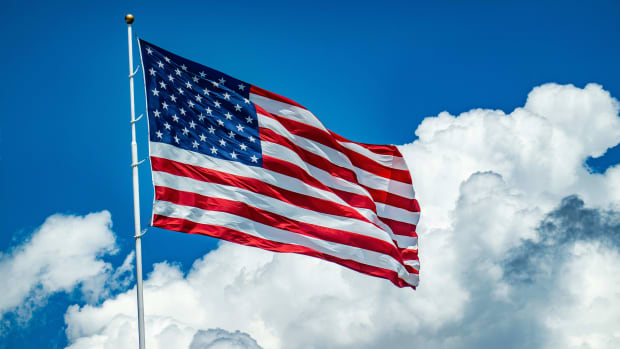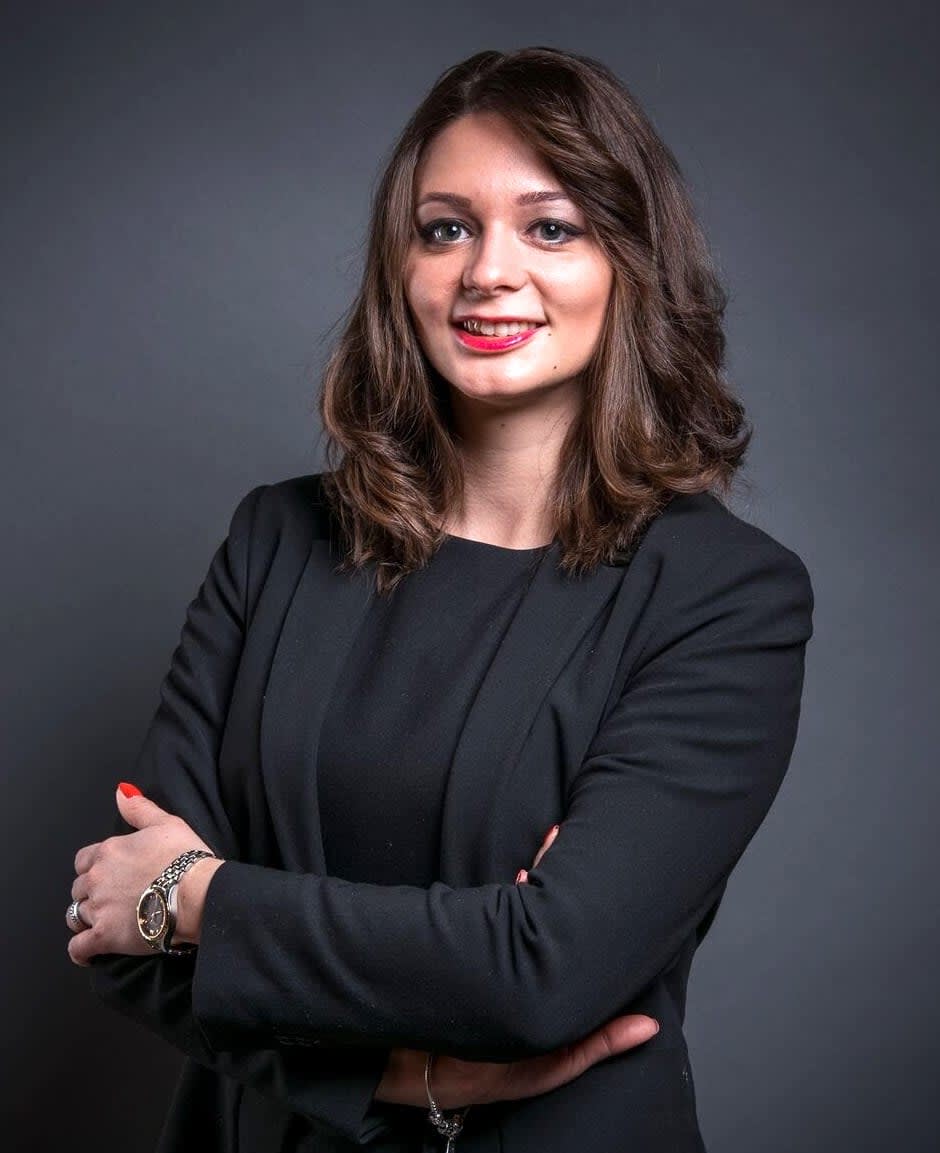
Should the University of Amsterdam do more for American scientists?
Acadamic freedom has been under pressure since the Trump administration came to power. Certain words are no longer allowed, entire disciplines are being shut down and the curriculum is being changed by the goverment. Can American scientists turn to the UvA?
Terms such as ‘gender’ and ‘LGBT’ are no longer allowed to be used, layoffs are the order of the day and entire fields are being eliminated: the academic world in America has been in turmoil for months. According to a poll by trade journal Nature, three quarters of scientists in the US are looking for jobs in Europe or Canada. The UvA has also been polled. But how much room is there at the UvA for American researchers?
Fund for international scientists
Europe sees opportunities when it comes to welcoming top American scientists. The European Research Council (ERC) has already announced that it will double the grant for scientists who move to Europe, in the hope of attracting American scientists.
The Dutch government also came on board and established a national fund for a dozen American scientists, as the Financieel Dagblad initially reported. A few days later it became clear that the fund, which the Dutch Research Council (NWO) set up on behalf of the ministry, was intended for all international scientists, not just Americans.

Budget cuts
But the fund for international scientists also drew criticism from the Dutch government. For months, Dutch universities have been protesting against the half a billion euros that are to be cut from higher education. “If the cuts go ahead, there could easily be a thousand redundancies,” said Remco Breuker, professor of Korean studies at Leiden University, to the Dutch public broadcaster NOS. “As far as I know, there is no extra money. That is what we have been told over and over again.”
The news was also unpopular among university lecturers in the Netherlands. “Freeing up money for American scientists is a generous gesture with unfortunate timing,” says Ioana Ilie, assistant professor at the University of Amsterdam and chair of the national network for assistant professors (APNet). She sees a great deal of misunderstanding about the policy among assistant professors, the young researchers who are hardest hit by the cutbacks.
“At Dutch universities, the cuts are being felt and staff are being laid off. At the same time, the government want to reduce the number of international students and staff and teach more in Dutch. And now we are suddenly going to bring in bright minds from America at the expense of our own people? Are our own people not good enough? That is the message they are sending out.”
Not just Americans
In recent weeks, much attention has been focused on the situation in America, but the curtailment of academic freedom is under pressure in more countries. Scholars from Gaza, Ukraine, Hungary or Turkey are also knocking on the UvA’s door for shelter.
This is also seen by Rachida Azough, head of public affairs at the Amsterdam research institute Nias, which provides shelter to refugee scientists worldwide through the Save Haven Fellowship. ‘When it comes to extra money for scientists in dire straits, everyone thinks right now of the Americans, while worldwide the world is on fire and scientists are in dire straits.’
Dutch universities and knowledge institutes can do little for fleeing scientists, concluded the Young Academy several years ago in a report that was published following Russia’s invasion of Ukraine. In it, the scientists argued for a permanent, structural organisation to accommodate scientists in exile.
Two places at the University of Amsterdam
Since February, the University of Amsterdam has funded two places in the Safe Haven Fellowship, thereby creating two positions that American researchers can also apply for. There are no plans to set up a special programme for American scientists who want to work at the UvA for the time being, according to the UvA spokesperson. “It is still too early for that. However, developments in the US are worrying and we are following the situation closely.”
The UvA is also “looking with a great deal of interest” at the NWO fund for international researchers. If the UvA does take action, it will not be on an their own. “With the threat of cutbacks hanging over our heads, and the Balanced Internationalisation Act, we as universities will have to work together – at a national or European level – and decide what we could do.”


